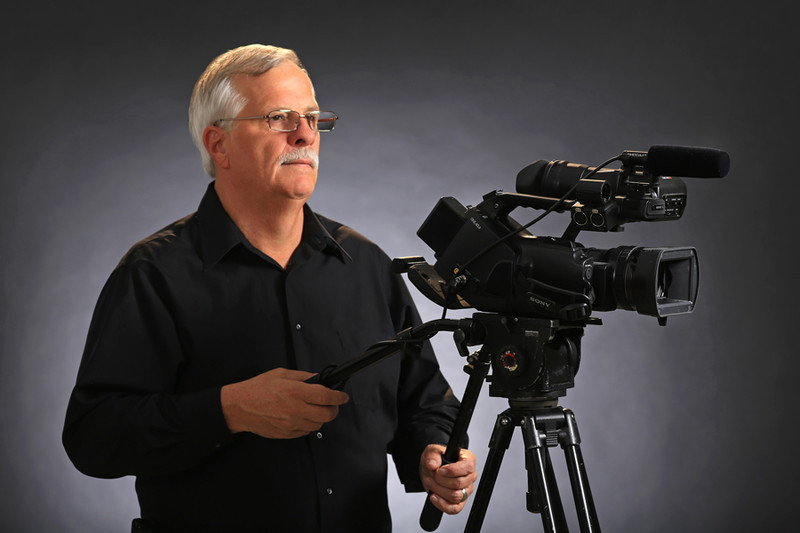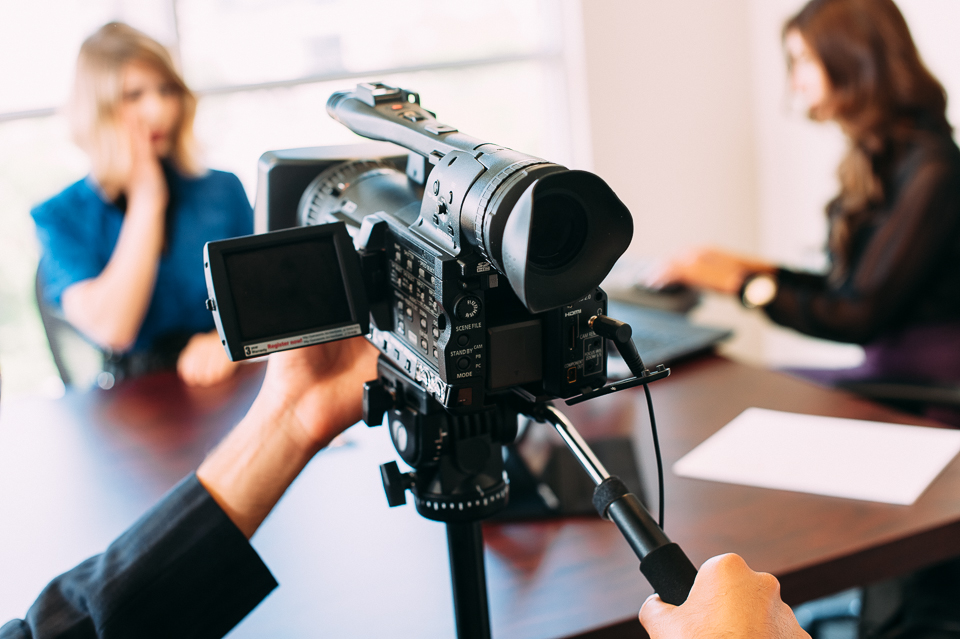Precision-Based Legal Videography for Detailed Evidence Filming.
Wiki Article
The Function of Legal Videography in Depositions and Tests
Lawful videography has arised as a crucial device in both depositions and trials, providing a complex technique to documenting witness testimonies. By recording not just the spoken word yet likewise the subtleties of non-verbal interaction, this medium enhances the reputation of testaments and protects critical proof for future proceedings (legal videography). As lawyers increasingly identify its value, it triggers a much deeper examination of exactly how these visual records can influence juror assumptions and trial end results. What ramifications might these developments hold for the future of lawful technique?
Importance of Legal Videography
Lawful videography plays a pivotal function in the documents and presentation of depositions and trials. This specific area combines technical skills with lawful expertise to create a reputable document of proceedings that can considerably affect instance end results. The appearance of legal videography improves the understanding of witness testament, permitting jurors and courts to observe not only the spoken words but likewise the attitude, feelings, and body movement of the witnesses.In enhancement, legal videography offers an objective account of events, minimizing the potential for false impression that can accompany created records alone. This visual documentation serves as a crucial device throughout trial presentations, facilitating a more clear and even more convincing narrative for both plaintiffs and offenders. The capability to replay video sectors during court proceedings makes it possible for legal groups to highlight key factors, strengthening their arguments successfully.
The significance of lawful videography prolongs beyond the court; it also plays an essential function in preserving proof for future reference, whether for appeals or more legal activity. Its integration right into the legal process is vital for making sure a fair and precise depiction of the facts, eventually adding to the pursuit of justice.

Refine of Legal Videography
While recording the nuances of depositions and trials, the process of lawful videography entails numerous crucial steps that make sure high-grade, accurate recordings. At first, an expert lawful videographer prepares by examining the instance products and recognizing the specific requirements of the deposition or trial. This prep work includes familiarizing themselves with the participants and the context, which aids in capturing important details.On the day of the recording, the videographer sets up the required equipment, which generally includes high-definition cameras, microphones, and proper lighting. Ensuring optimum angles and audio high quality is vital, as it directly impacts the effectiveness of the recording. The videographer communicates with lawyers and individuals to establish protocols, ensuring that every person comprehends the recording process.
During the deposition or test, the videographer thoroughly tape-records the proceedings, paying close attention to both spoken and non-verbal hints. This includes recording the attitude and reactions of witnesses and attorneys. After the session ends, the videographer may modify the video for clearness and conformity with lawful standards, generating an end product that properly shows the proceedings for future recommendation and use in lawful contexts.
Benefits in Depositions
The unification of videography in depositions uses numerous benefits that enhance the total process of collecting evidence. One key benefit is the capacity to catch witness testaments with visual and acoustic fidelity, giving a much more exact representation of the witness's demeanor, tone, and body language. This multidimensional approach enables lawyers and juries to analyze trustworthiness better than traditional written transcripts alone.In addition, videographed depositions function as an effective device for preserving statement. Ought to a witness become not available for trial, their videotaped deposition can be played in court, making sure that their evidence continues to be easily accessible and relevant. This facet substantially reduces the danger of shedding crucial info that can impact case results.

Lastly, videography boosts the total professionalism of the deposition process, instilling self-confidence in customers relating to the thoroughness of their lawful representation (legal videography). By leveraging technology, legal specialists can dramatically boost the performance of depositions
Influence On Trials
In many tests, the assimilation of videography can substantially influence the discussion of proof and the jury's perception. Lawful videography catches witness testimonies and critical proof in a dynamic format, permitting jurors to engage with the material on numerous levels. This aesthetic element enhances the narration more element of a test, supplying context and emotional vibration that standard text-based evidence might lack.In addition, video recordings can function as powerful devices for impeachment during cross-examination. When inconsistencies occur in between a witness's prior declarations and their courtroom testament, video proof provides visite site an unbiased reference that can persuade jurors' opinions. This immediacy and quality can reinforce the reputation of a celebration's story while at the same time threatening opposing arguments.

Future Trends in Legal Videography
As we look toward the future of legal videography, numerous arising trends guarantee to reshape its function within the courtroom. One significant trend is the combination of synthetic knowledge (AI) in video evaluation and editing and enhancing. AI can simplify the process of identifying crucial minutes in recorded depositions, allowing lawyers to swiftly access pertinent content, thus enhancing performance in case preparation.In addition, the rise of digital fact (VIRTUAL REALITY) and augmented reality (AR) technologies is anticipated to change exactly how jurors experience evidence. legal videography. By submersing jurors in a simulated environment, these modern technologies can supply a more extensive understanding of complicated scenarios, leading to even more informed considerations
Additionally, the enhancing need for remote depositions, sped up by the COVID-19 pandemic, will likely continue. Lawful videographers will require to adapt to brand-new software application and systems to make sure top quality recordings in digital settings.
Last but not least, the growing focus on data protection will demand stricter methods for keeping and sharing video clip evidence. As the lawful landscape evolves, legal videographers should remain abreast of these trends to preserve their relevance and efficiency in the judicial procedure.
Conclusion
In summary, legal videography serves an important feature in the judicial procedure, boosting the honesty of depositions and tests. As technology continues to develop, legal videography is poised to additional transform its function within the lawful landscape.Report this wiki page